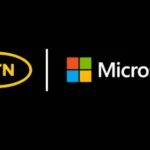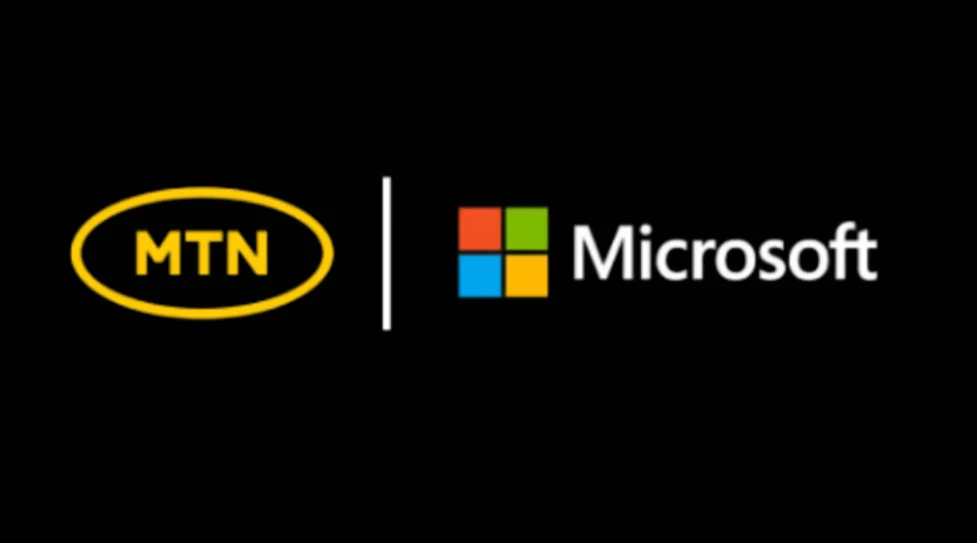OpenAI has officially launched ChatGPT Atlas, an AI-driven web browser designed to redefine how users interact with the internet. Unlike traditional browsers, Atlas removes the standard address bar and replaces it with ChatGPT at its core, enabling users to perform searches, analyze data, and automate tasks directly through natural conversation.
“Today we’re introducing ChatGPT Atlas, a new web browser built with ChatGPT at its core,” OpenAI announced in a blog post. “A browser built with ChatGPT takes us closer to a true super-assistant that understands your world and helps you achieve your goals.”
A Super-Assistant for Smarter Browsing
ChatGPT Atlas is designed to function as an intelligent assistant embedded within the browser. It allows users to interact with ChatGPT while navigating websites, eliminating the need to switch tabs, copy, or paste content.
For ChatGPT Plus, Pro, and Business users, Atlas includes a paid Agent Mode, which allows the assistant to autonomously perform web searches, summarize information, and execute tasks based on browsing context.
“As you use Atlas, ChatGPT can get smarter and more helpful, too,” OpenAI explained. “Browser memories let ChatGPT remember context from the sites you visit and bring that context back when you need it.”
Users can choose to opt in to browser memory features, manage stored data, or delete history to remove any associated information.
Availability and Platform Expansion
Currently, ChatGPT Atlas is available worldwide for MacOS users across all plan tiers—Free, Plus, Pro, and Go. Beta access has also been rolled out for Business, Enterprise, and Edu users, with plan administrators managing availability.
OpenAI plans to expand Atlas to Windows, iOS, and Android in the coming months.
“Getting started is easy,” OpenAI said. “When you open Atlas for the first time, sign in to ChatGPT and bring your bookmarks, saved passwords, and browsing history with you by importing them from your current browser.”
OpenAI Enters the Battle Against Google Chrome
The launch of ChatGPT Atlas marks OpenAI’s bold entry into the competitive AI-powered search and browsing market, where Google Chrome remains the undisputed leader with a 71.9% global market share as of September 2025, according to StatCounter.
Google, meanwhile, has been integrating its Gemini AI model into Chrome and introducing AI Mode in search results to adapt to changing user behaviors since ChatGPT’s debut.
A recent U.S. court ruling also allowed Google to retain ownership of Chrome, preserving its ability to pay partners to promote its search engine, a major factor in its continued dominance.
Analysts: Atlas Could Threaten Google’s Ad Business
Industry analysts believe that OpenAI’s move could pose a long-term threat to Google’s advertising monopoly.
“Integrating chat into a browser is a precursor for OpenAI starting to sell ads, which it has yet to do so far,” said Gil Luria, analyst at D.A. Davidson. “Once OpenAI starts selling ads, that could take away a significant part of search advertising share from Google, which has around 90% of that spend category.”
OpenAI’s Expanding Ambitions and Strategic Acquisitions
The debut of Atlas comes amid OpenAI’s broader push to monetize its AI ecosystem and expand its influence in the global tech industry.
At its recent DevDay event, CEO Sam Altman revealed that ChatGPT now boasts over 800 million weekly active users, doubling from 400 million in February 2025.
To support this growth, OpenAI announced two major acquisitions:
- Windsurf (formerly Codeium) — acquired for $3 billion to enhance AI coding tools and developer integrations.
- Statsig, a product experimentation startup, purchased in an all-stock $1.1 billion deal, with founder Vijaye Raji joining as Chief Technology Officer of Applications.
Additionally, OpenAI signed a $300 billion, five-year cloud computing deal with Oracle, securing 4.5 gigawatts of computing capacity to power large-scale AI model training and deployment.
The Future of Browsing: AI at the Core
With ChatGPT Atlas, OpenAI is positioning itself not just as an AI lab but as a direct competitor to Google in search, advertising, and productivity tools.
By embedding AI deeply into the browsing experience, Atlas could transform how users find, understand, and interact with information online, signaling the dawn of an AI-first internet era.












